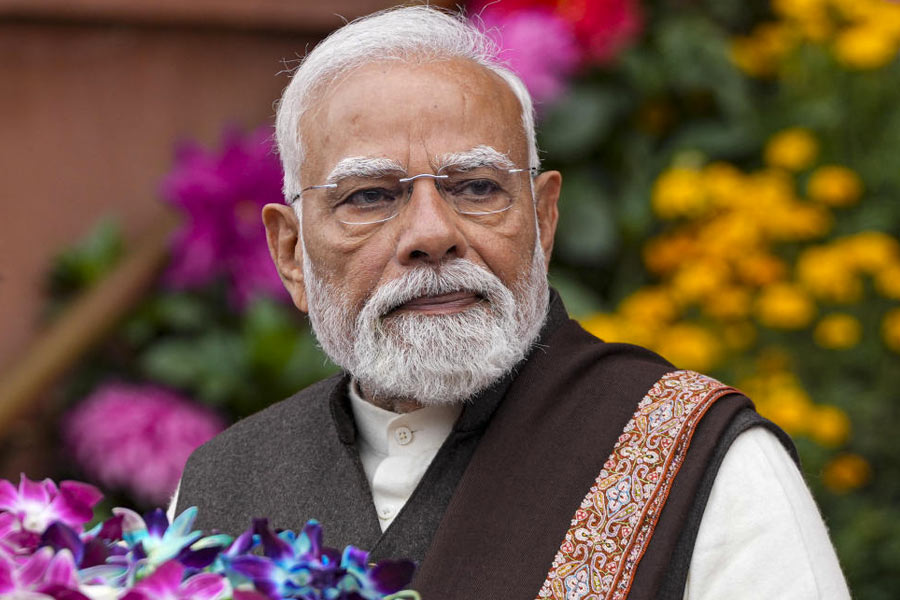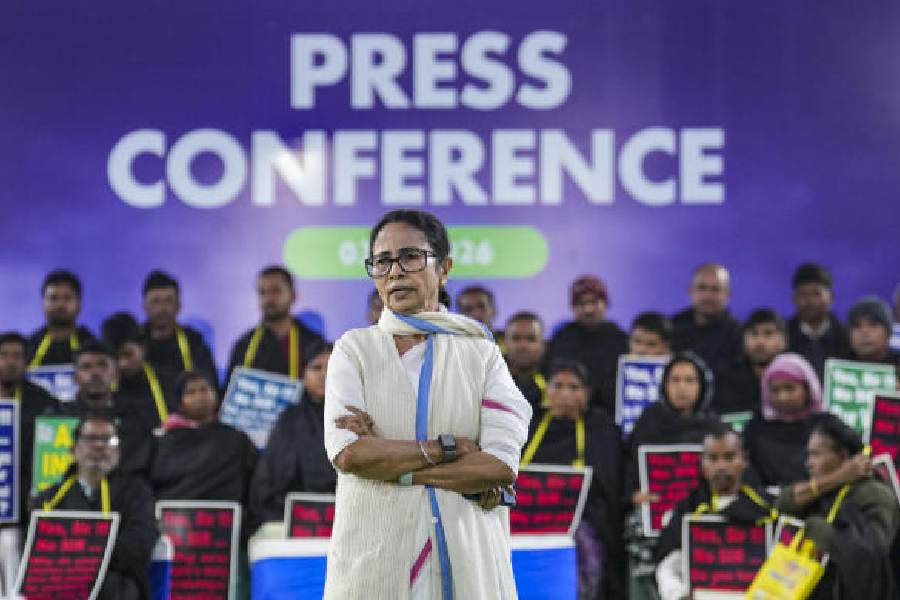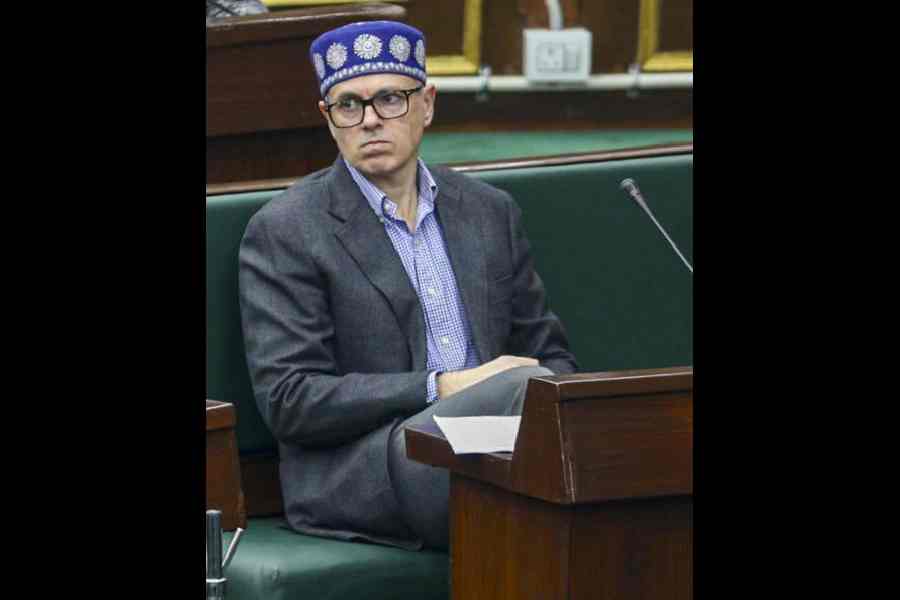.jpg)
It’s a question of mood and inspiration for author and poet Vikram Seth. “I don’t divide my time between poetry and prose. It just depends on what I have been inspired by at that moment,” says the celebrity author who lives both in England and in India.
Seth’s still hard at work on his next magnum opus, the much-awaited A Suitable Girl, which will be a sequel to his most famous work, A Suitable Boy. The book, which was slated to be out by 2016 has been delayed and will not be in bookshops before 2017. But Seth is unworried: “A book will take that much of time that it has to take. There is no point in rushing things and compromising with quality,” he says categorically.
The new book will also be different in one very important way, says Seth. While A Suitable Boy was set in post-Independence India, the new book will be set in present times. That’s meant a lot less historical research for Seth. The book will be published by boutique publishing house Aleph, started by veteran publisher David Davidar, who handled A Suitable Boy. Says Davidar: “Vikram is the most protean talent I have worked with in the 30 years that I’ve been a publisher. He’s technically accomplished at pretty much every genre he turns his hand to.”
All writers have their own rituals that must be observed before they put pen to paper, or fingers to keyboard. But Seth’s very different from the others because he does most of his writing in bed. And even in bed the conditions must be just right, “With a calm duvet or a razai which is not too busy with patterns,” he adds. And yes, when he’s writing he tries not to answer the phone, browse the Internet or worse — play Candy Crush.
Seth has just released a slim book of poetry, Summer Requiem, a collection of poems written over 20 years. Summer Requiem is his eighth book of poetry, and as the name suggests, is about the death of summer and, on another level, the passing of love or youth.
But Seth quickly denies that the poems are downbeat in any way.
“When summer dies, autumn comes on which is a very rich period and winter especially in India is one of the loveliest seasons. And even if it is lost, there is at least a kind of reconciliation and the possibility of wisdom,” he says. Seth received the poet laureate award at the recently concluded Tata Literature Live! The Mumbai LitFest.
.jpg)
The author-poet is constantly moving back and forth between India and England, where he lives just outside London. He has no fixed rules about where he will be at any particular time of the year but says: “It depends if a book is set in India it makes more sense to spend time here. And sometimes one writes a book away from the place so that one can recollect in tranquility and with a certain amount of distance the events of that place.” While translating Three Chinese Poets he wasn’t in China and he points out that it was unlikely that he would have been allowed to go there as he had criticised the Tiananmen Square massacre.
Seth has always been a man of multiple interests, and these have often found their way into his works. He sings khayal (a modern genre of classical Hindustani singing) and also German lieder (19th century German songs of the Romantic Period). His former partner Philippe Honore was a violinist and that combined with his love of music were the reasons that drove Seth to write An Equal Music.
Interestingly, Seth hesitated before starting work on An Equal Music. “I thought I would lose the immediacy of pleasure that I got from music,” he recalls. But as the image of the book’s main characters, Michael Holme and Julia, became stronger in his imagination, he realised that he could not push it away. “And if I lost my love for music in the process — so be it,” says Seth who has studied under Pandit Amarnath, a shagird of Ustad Amir Khan Sahab and understands the theory of Indian Classical music. He earlier played the bansuri (badly he says). Seth goes out of his way to deny that he plays the violin.
What are his other hobbies and the loves of his life? “I love singing, swimming and other things that begin with the letter S. Sleeping I mean, of course,” he says, grinning.
That’s not quite it, though. Seth has prodigious talents and he can tackle Welsh, German and Chinese besides English, Hindi and Urdu. But no, he won’t be writing a book in any of these languages ever. “I don’t know these languages as well as a native speaker. Therefore other than writing letters or other formal things I don’t think I can express myself in those languages as a poet or as a novelist.” He has written some Hindi poems but isn’t sure if they are good enough to pass muster.
Seth’s often in India to be with his parents whom he deeply admires. He talks about his father fondly and says his mother had his support to focus on her career. “It’s unusual for an Indian man to take such pleasure in the achievement of his wife where she becomes a VIP — where people know her better than him.”
His parents were a key influence on his life. Seth says they set high expectations of their children. And, it’s clear that he has more than surpassed their highest expectations.

.jpg)








